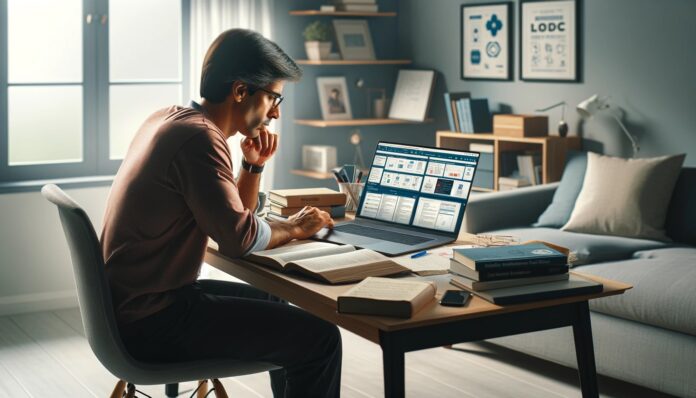
National Security Agency (NSA) of the United States, primarily known for its intelligence-gathering and surveillance activities in the name of national security, is increasingly turning its focus to providing security guidance for mobile users—particularly those with Apple devices. This initiative aims to raise awareness about potential vulnerabilities in everyday mobile use, and one of the tips they’ve shared might come as a surprise to many.
Among the advice being given to iPhone users is the recommendation to use a flap cover for their device. This simple accessory serves two important functions: it covers the microphone and helps shield the front-facing camera when not in use. By doing so, users can better protect their privacy. This prevents the microphone from unintentionally recording conversations nearby and reduces the risk of the front camera capturing photos or videos without the user’s knowledge, which could expose them to privacy breaches.
In addition to this practical tip, the NSA also advises iPhone owners to restart their devices at least once a week. This may seem like a minor suggestion, but it is a powerful step in safeguarding the device against “zero-click” attacks—sophisticated exploits that can infiltrate a phone without any interaction from the user. By turning the device off for at least 10 seconds before turning it back on, users can disrupt any ongoing threats, essentially providing a fresh start for the phone and clearing out any potential malware or exploits.
Another straightforward yet impactful recommendation is to turn off Bluetooth when it’s not in use. Leaving Bluetooth enabled unnecessarily creates potential vulnerabilities, such as “Bluesnarfing,” where hackers can exploit the Bluetooth connection to gain unauthorized access to the device. By turning Bluetooth off when it isn’t needed, users can reduce their exposure to such risks.
While 4G and 5G networks offer faster data speeds and smoother connectivity, they can also place a strain on battery life. Many users carry portable power banks to address this, but a more common solution is using public charging stations, which are now widely available in airports, coffee shops, transit stations, and other public spaces. However, users should be cautious about using these stations, as they can pose security risks if improperly used.
Public Wi-Fi networks also represent another potential threat. These networks, often unsecured, can leave users vulnerable to hackers attempting to access sensitive data on their devices. To mitigate this risk, the NSA advises using a VPN (Virtual Private Network) when accessing sensitive apps, emails, or files over public Wi-Fi. A VPN encrypts internet traffic, making it much harder for hackers to intercept data, offering a more secure alternative to relying solely on mobile data.
With these recommendations, the NSA aims to help iPhone users stay one step ahead of cyber threats. By following these steps, users can better protect their devices from the growing number of online attacks that target both personal and professional data. By taking proactive measures, such as using a flap cover, restarting their devices regularly, and being cautious with public networks, users can enjoy a safer mobile experience in today’s increasingly connected world.


















